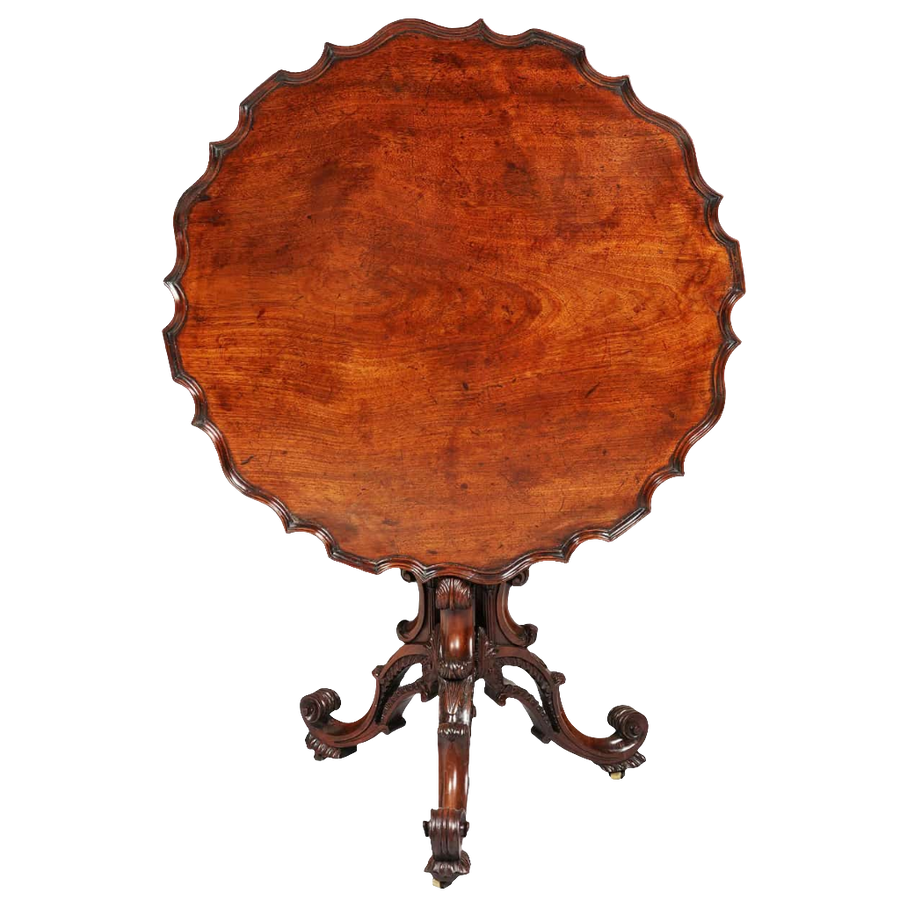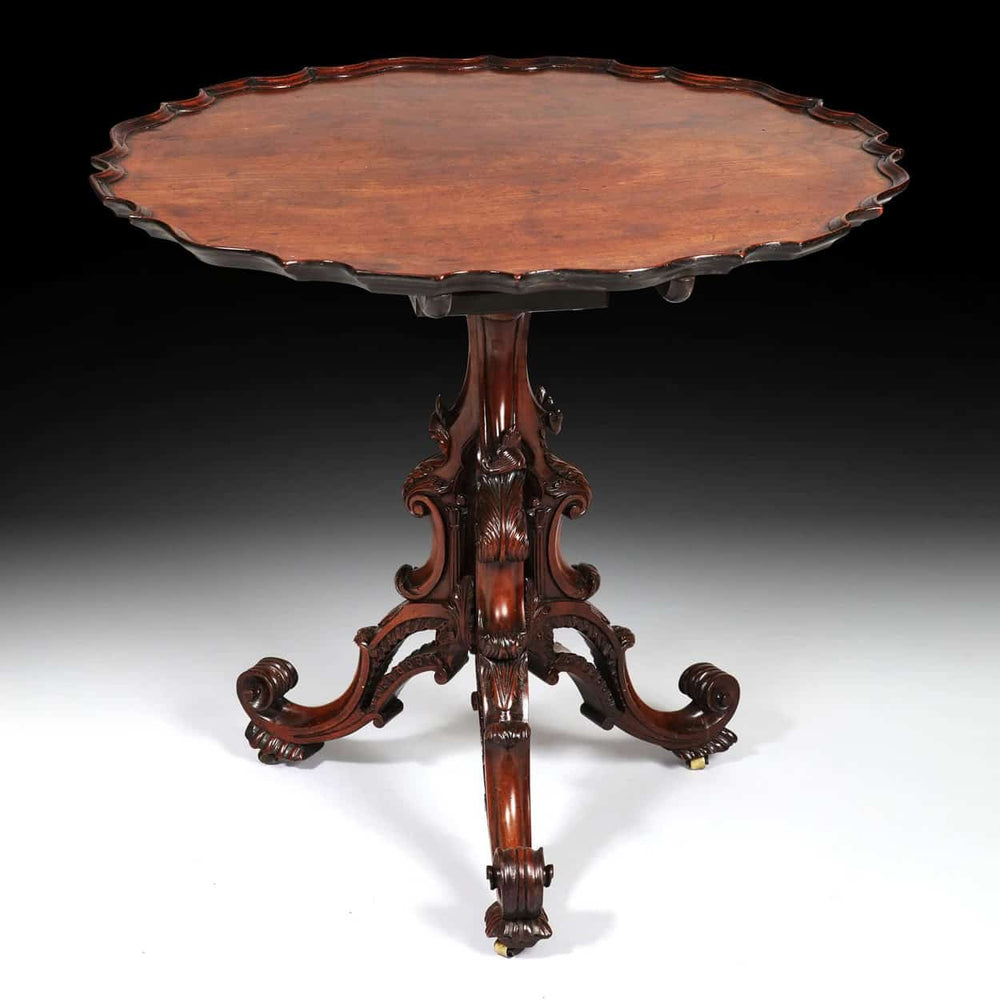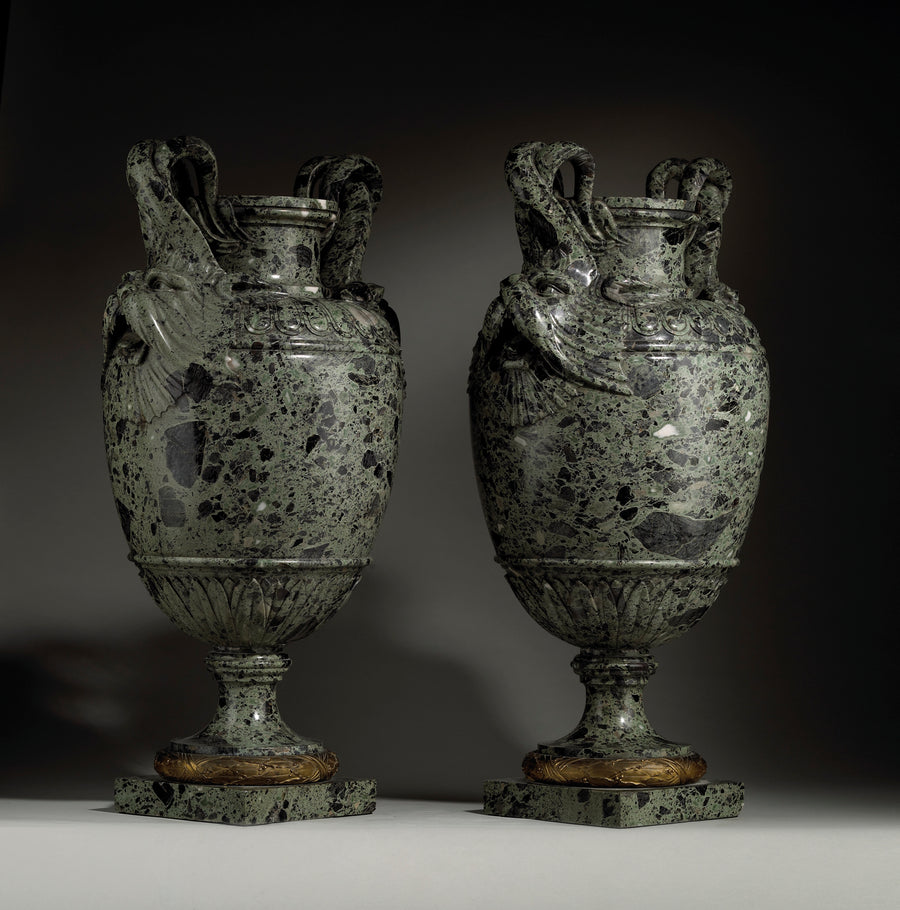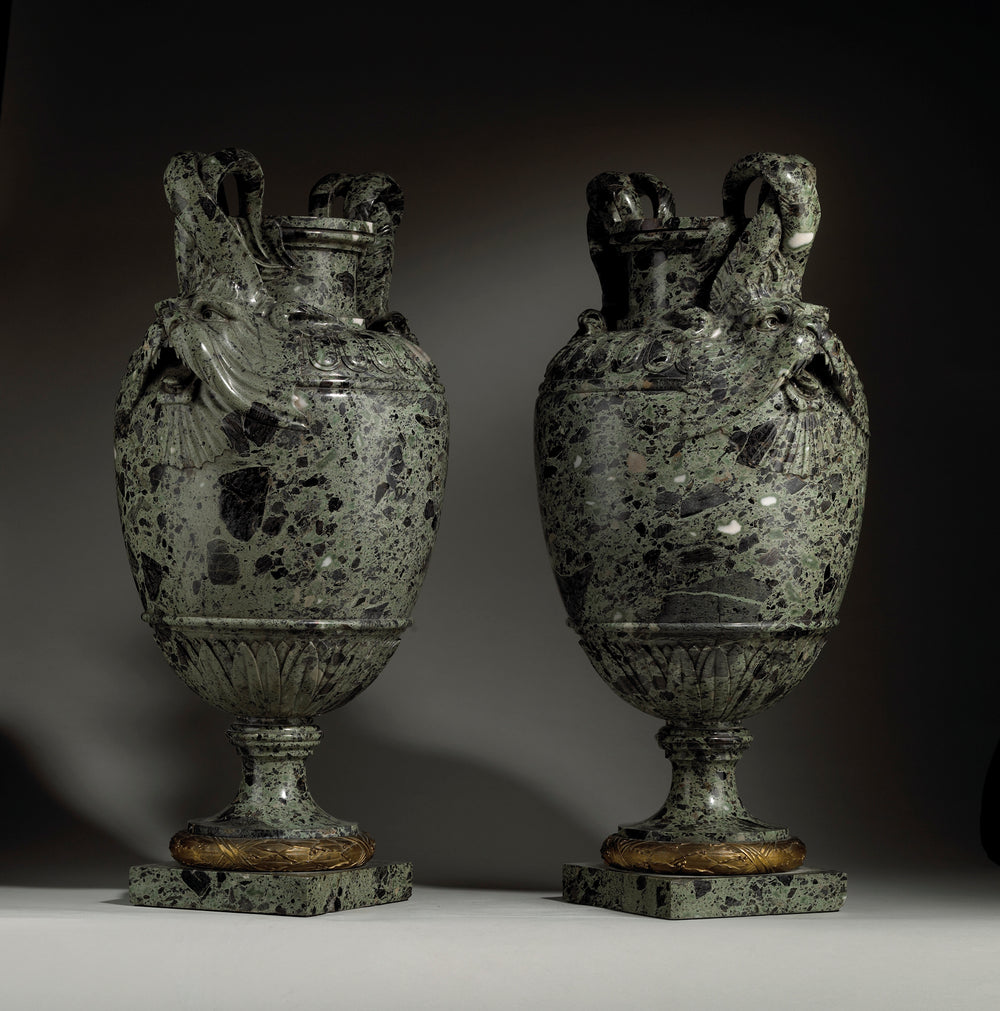The Symbolism of Yellow: Optimism, Energy & Its Role Across Civilisations
Colour can be thought of as a mirror—reflecting not only the world around us but the inner states of mind through which we perceive it. Yellow, brightest of the hues, epitomises this dual capacity. On one hand, it recalls the sun and its life-giving warmth, a universal emblem of optimism, clarity, and enlightenment. On the other, yellow has carried associations of jealousy, deceit, and stigma, depending on culture and circumstance. Its pigments, often rare or unstable, made it both prized and precarious in historical art. To contemplate yellow is to stand at the threshold between radiance and warning, between divine illumination and earthly frailty.
In this series on the symbolism of colour, we continue with the colour yellow.
The colour yellow
The life-giving sun shines down in pools of yellow, breathing life into plants and lighting up our world. The yellow sun was once one of humanitys most important symbols. As many cultures worshipped the sun as their God, yellow became the colour associated with other-worldly importance, qualities of the imperishable, eternal and indestructible. In the West, yellow is associated with happiness, warmth, and optimism. However, yellow is not monolithic in its symbolic meaning. It is also the colour of death and decay.

Yellow symbolises happiness

Yellow, and its secondary colour orange, are viewed by the West to be energising and happy colours. In its brightest form, yellow immediately grabs your attention. Advertisements will often employ yellow in their designs and graphics to attract customers. According to colour psychology, yellow may increase mental activity and stimulate the nervous system. Its ability to evoke strong feelings and foster analytical thinking makes it a positive stimulus to promote a well-balanced brain. The colour yellow also holds great symbolic power in Aboriginal art. With a strong connection to the sun, yellow is associated with spiritual energy, possessing the essential roles of life, light, and warmth. Yellow is also their colour of the celestial bodies of the stars, sun, and moon, serving as a reminder of the fine balance between the natural world and spiritual realms. In Regency, Georgian, and Victorian England, yellow was a popular colour used in fashion, upholstery, and interiors. Ranging from a pale butter-like hue to zesty lemon, the colour was the height of fashion, creating uplifting environments and spaces. This tradition re-emerged in the 20th century with modernism utilising block primary colours in art and design.
Yellow symbolises illness and decay
On the other hand, yellow in excess causes negative effects of anxiety and fatigue. Arsenic sulfide, otherwise known as orpiment or kings yellow, has been used for centuries, mentioned by Pliny, Vitruvius, and used by Tintoretto. However, orpiment contains a significant amount of poisonous arsenic, making it somewhat toxic. Yellows associations with death and decay run as deep as its chemical components. In Christian iconography and the depiction of the crucifixion, Judas is often depicted wearing yellow, connecting the colour with negative traits of deceit, envy, and cowardice. Yellows cowardly origins are unknown. However, phrases such as yellow-bellied, used to describe someone who lacks courage, are likely linked to illness and decay. A yellowed tint to the eyes or body often indicates underlying medication conditions. The body also turns a pallid yellow as body dies and circulation slows down, although this is less immediately apparent on darker skin. In some cultures yellow has also come to denote mourning, yet more specifically traverses both life and death.

Yellow symbolises enlightenment

Like red ochre, humankind has had a long and meaningful history with yellow ochre. Its use can be dated back to palaeolithic cave paintings in Lascaux and later to ancient Egypt and Rome, who used the colour for gold and skin-like tones in tomb murals. Both yellow and its secondary colour orange toe the line between life and death, representing decay but also the enlightenment that comes from ascending our mortal world. This is true for Asian countries, namely Laos, Thailand, Cambodia, Myanmar, and India. In the Tibetan Buddhist tradition, one must achieve the characteristics associated with each colour of the rainbow body before attaining the clear light of nirvana. Yellow is a symbol of humility, separation from materialistic society, and renunciation. Tibetan temples are painted in yellow to symbolise the prosperity of the land and its rootedness. In Theravada Buddhism, monks will wear saffron robes in the tradition of humility which dates back to the time of Buddha. Orange is the sacred hue of Hinduism, with the divinity Krishna commonly portrayed dressed in orange, representing fire and the impurities that can be burned away.

Yellow is also the colour of incarnation. The Polynesian god Oro manifests as Ata, a natural object or artefact which humans seek out to represent the gods incarnation. For Oro this is commonly as a light yellow thrush. Yet, yellow symbolises more than just spiritual enlightenment. It can symbolise enlightenment on earth, the transition into wealth and prosperity. In East Asia and Africa, yellow is associated with wealth or dynasty because of its similarity to gold. Yellow therefore symbolises the transition that occurs from monetary gain.
Understanding the symbolism behind colours in art and design can create a more effective and meaningful connection between you and your desired antiques. Across time and culture, colour has created visually compelling experiences, evoking emotional responses and conveying subliminal messages. With your now extensive knowledge of the colour yellow, explore the Nicholas Wells website to find your perfect touch of colour, or read more on our other deep dives in colour symbolism.
All images show pieces available on the Nicholas Wells website.
Written by Daisy Watson











Leave a comment